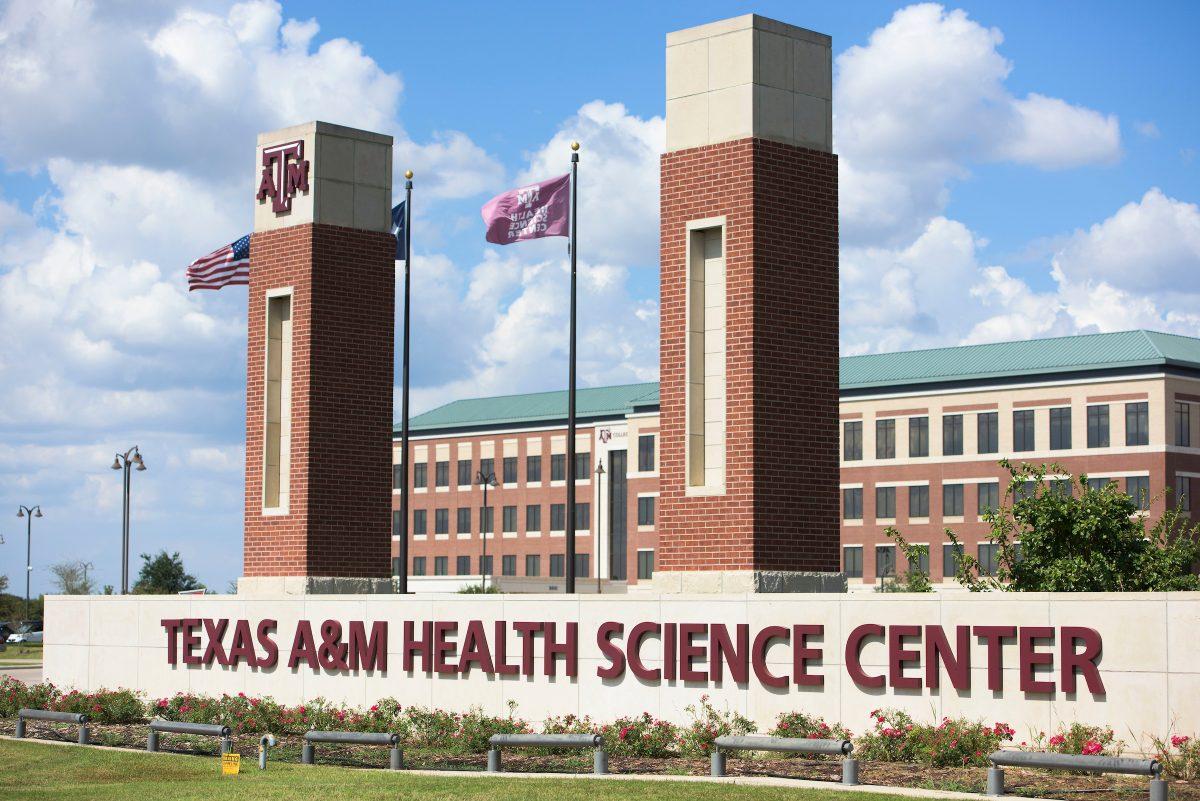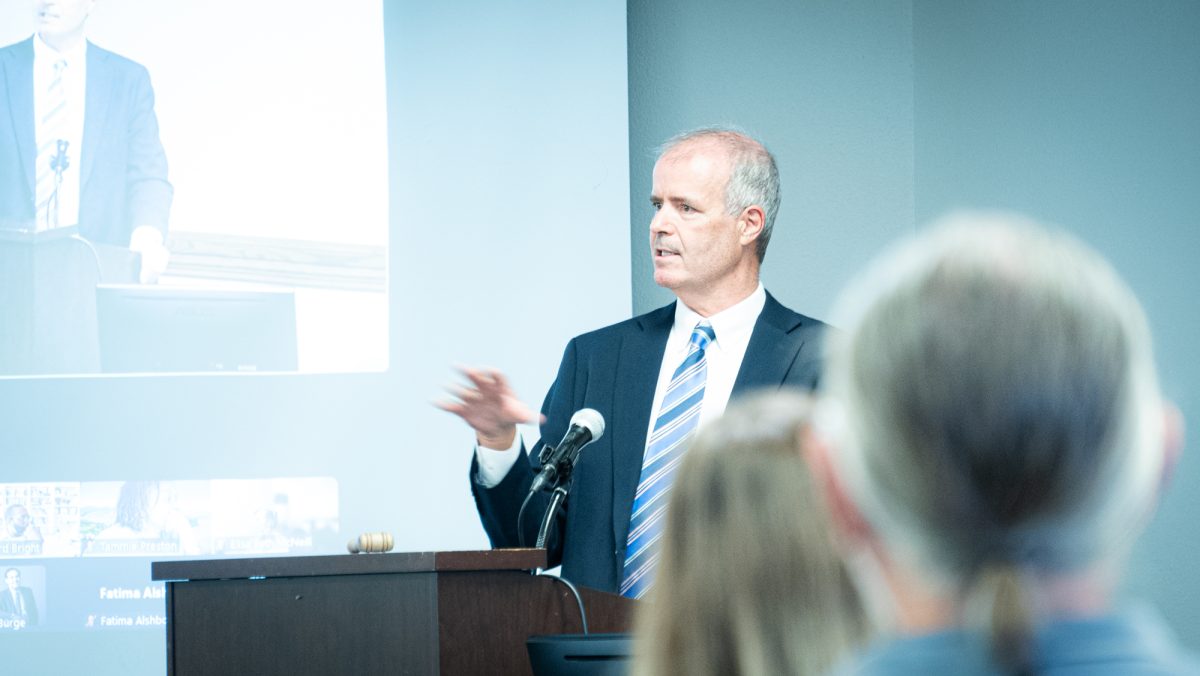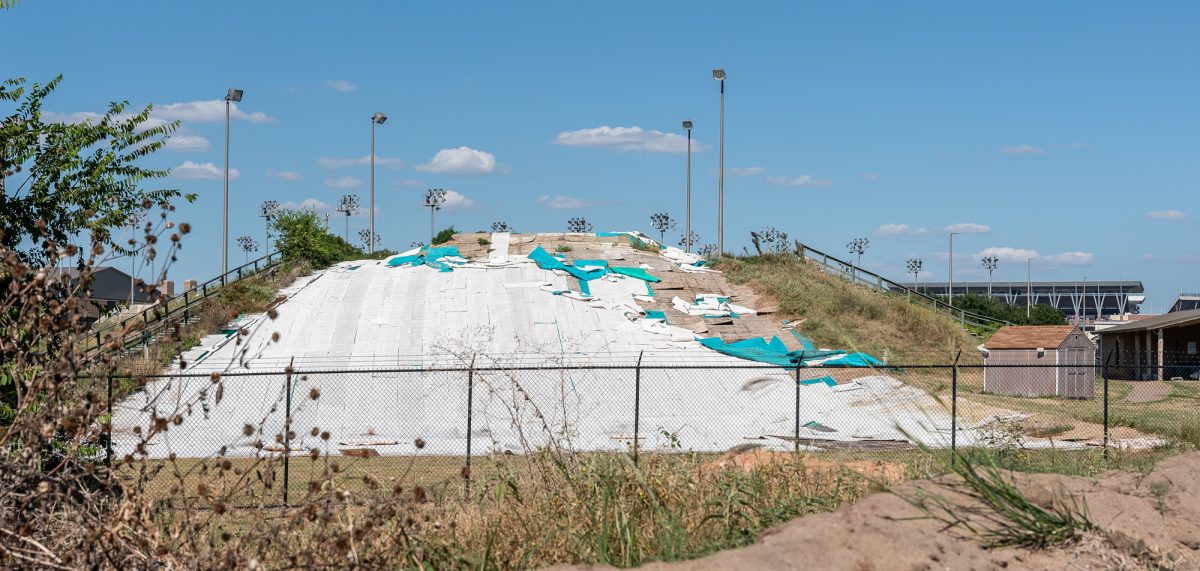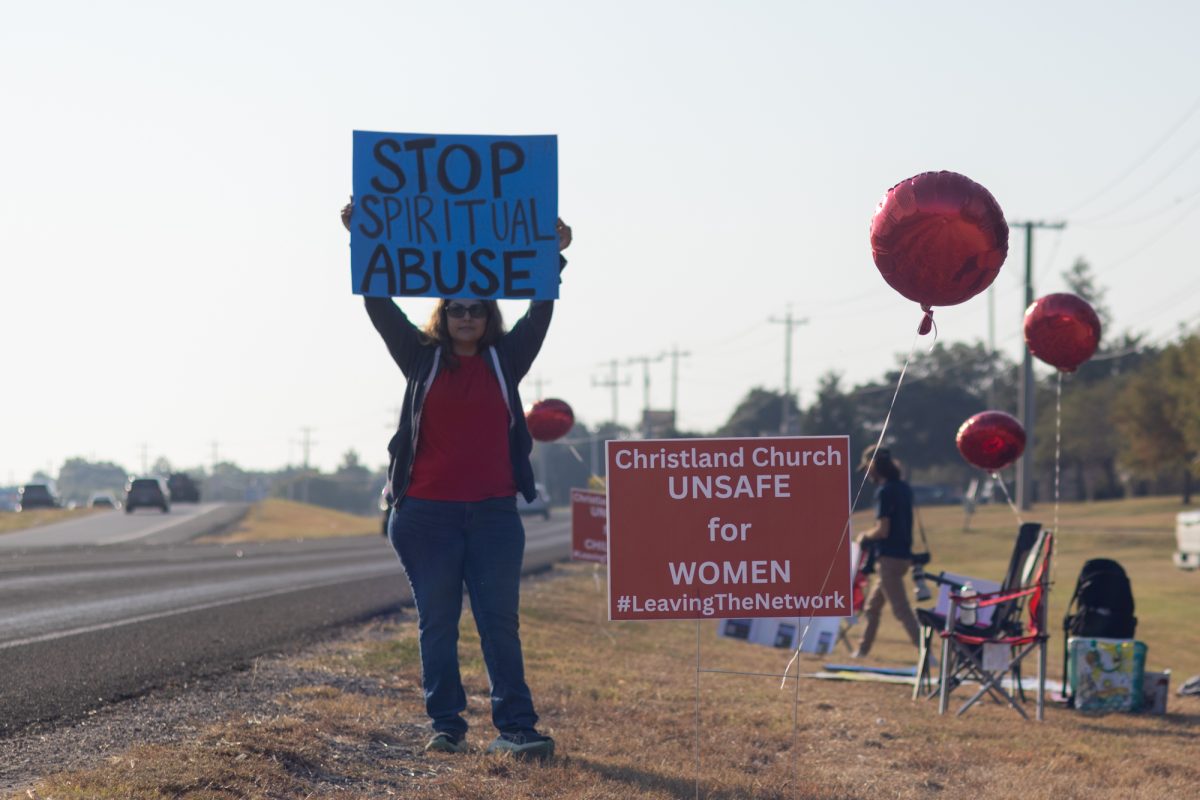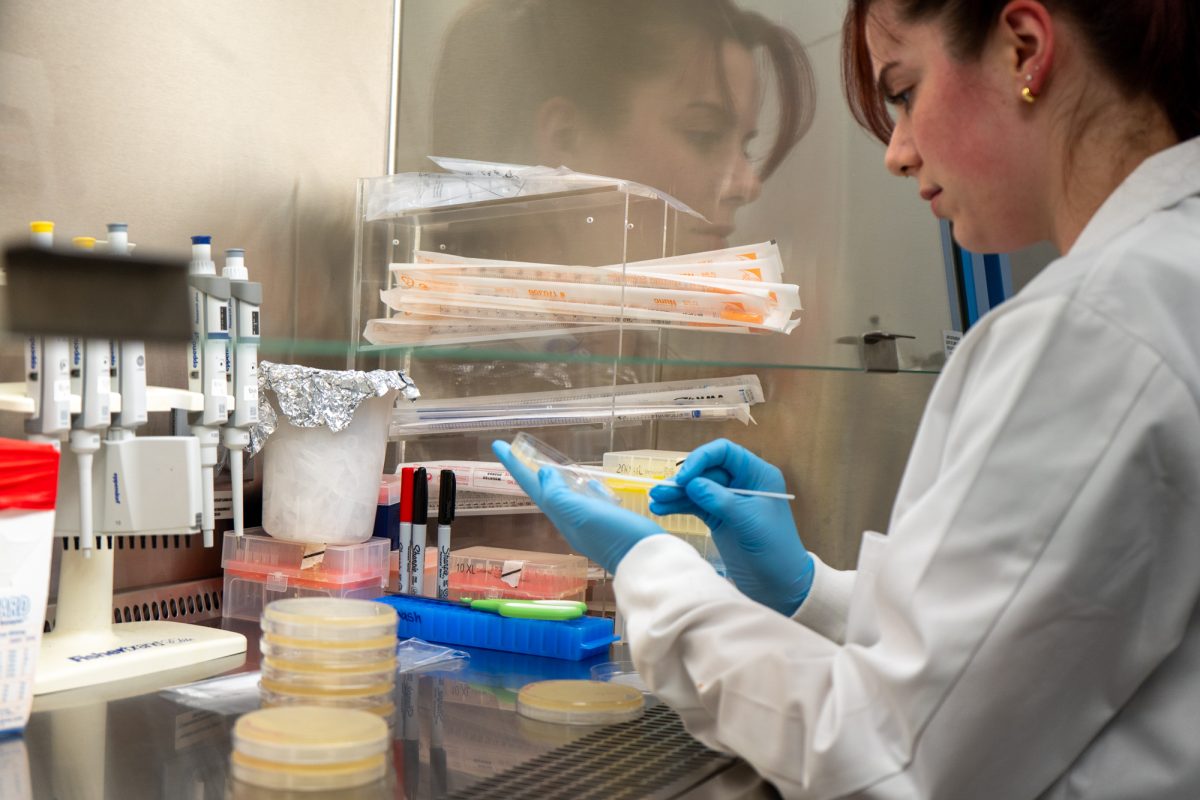With over seven million confirmed cases of COVID-19 around the world, countries are scrambling for a vaccine.
It’s been three months since the World Health Organization declared COVID-19 a pandemic, yet there is no clear sign of a vaccine being readily available anytime soon. As all 50 states have begun some form of re-opening, there have been spikes in the number of coronavirus cases across the U.S. Several companies and institutions around the world are rapidly working to develop a vaccine for the SARS-COV-2 virus that causes COVID-19, including Texas A&M.
Associate dean of Texas A&M’s Global One Health, Gerald Parker, Ph.D., said there are currently over 100 vaccine candidates being developed and studied around the world, and at least 10 of them have begun human clinical trials. He said it is likely that several different vaccines will be developed to fight SARS-COV-2.
“We are very fortunate the United States made a commitment to accelerate a process that generally takes over 10 years,” Parker said. “We’re trying to compress that into 12 to 18 months, maybe 24 months. There’s still going to be a lot of science and technical manufacturing challenges, but I’ve never seen such commitment to rapidly developing an effective vaccine.”
Parker said in order to speed up the vaccine development process, researchers have been completing some of the phases simultaneously, rather than in the typical, sequential order. For example, he said some of the commercial scale-up has already begun for vaccine candidates still in phase one clinical trials, when manufacturing typically doesn’t occur until after phase three studies have been completed. Additionally, Parker said policy makers are looking at how to combine phases two and three of the clinical trials.
“One thing we do not take a shortcut on is our safety,” Parker said. “We have to make sure that our vaccine candidates are going to be safe whenever we begin operation.”
Director of A&M’s Center for Airborne Pathogen Research and Imaging, Jeffrey Cirillo, Ph.D., said he has been developing the tuberculosis vaccine BCG, which is currently used to fight bladder cancer, to be used against COVID-19. Cirillo said in addition to tuberculosis, BCG has been found to reduce mortality rates and severity of illness in both the flu and the measles, both of which are respiratory and inflammatory infections like COVID-19.
Cirillo said the data for the BCG vaccine goes back to the 1920s, so there is about 100 years worth of data supporting its use. He said BCG is a very safe vaccine that reduces the frequencies of both respiratory and severe inflammatory infections where immune systems can typically over-respond. However, Cirillo said BCG is not a vaccination that is used in the U.S., which could explain why we have seen such a high number of COVID-19 cases across the country.
“We found the majority of the countries that vaccinate [with BCG] don’t have high frequencies of mortality [of COVID-19],” Cirillo said. “The idea that we can potentially vaccinate the U.S. population and reduce death rates and severity of diseases, I said, ‘We need to get this out immediately.’”
Cirillo said BCG is already FDA approved, so his team, in collaboration with Baylor College of Medicine, MD Anderson Cancer Center and Cedar-Sinai Medical Center, was approved to start phase four clinical trials for a new use of the vaccine against COVID-19. Cirillo said when Chancellor Sharp heard of their plans, his team immediately received funding from the Texas A&M University System Chancellor’s Fund to begin their trials. Cirillo said his team has already vaccinated over 100 individuals at A&M, making Bryan-College Station the first site in the U.S. to vaccinate with BCG.
“We chose [to vaccinate] healthcare workers first, primarily because if we can protect healthcare workers from getting sick, that allows them to take care of us,” Cirillo said. “Whenever you save the life or reduce the illness of a healthcare worker, you’ve probably reduced the illness of 10 to 100 individuals that they touch each day. We can save more lives.”
After treating healthcare workers, Cirillo said his team is going to try to expand the vaccine out to first responders and law enforcement.
Assistant professor Timothy Callaghan, Ph.D., who studies vaccine hesitancy, said policy makers will need to develop new communication strategies once vaccines become available in order to increase the number of individuals who will vaccinate. Callaghan said there will be some people who will choose to vaccinate as soon as one becomes available, and others who will be hesitant to receive vaccines.
“You’re going to have some individuals who just will not vaccinate against the coronavirus for whatever reason because they’re opposed to vaccination or they don’t think the vaccine will be safe,” Callaghan said. “And then you’ll have another group of individuals who are more likely to be moved into vaccinating.”
Callaghan and Parker both said it is important for people to consider their expectations for when doses of a vaccine are going to be available. Parker said there are many important policy questions to address, such as developing supply chains to distribute the vaccines and who will receive the first doses. Parker said he is hopeful there will be a vaccine available by the beginning of 2021.
“It won’t be overnight that we have millions of doses of the vaccines,” Parker said. “We have a lot of tough questions, even though we’re very very hopeful. I’m optimistic that we will be successful.”
Texas A&M experts weigh in on COVID-19 vaccine developments
June 14, 2020
Photo by Creative Commons
Texas A&M experts are hopeful that a COVID-19 vaccine will be available by the beginning of 2021.
0
Donate to The Battalion
Your donation will support the student journalists of Texas A&M University - College Station. Your contribution will allow us to purchase equipment and cover our annual website hosting costs.



